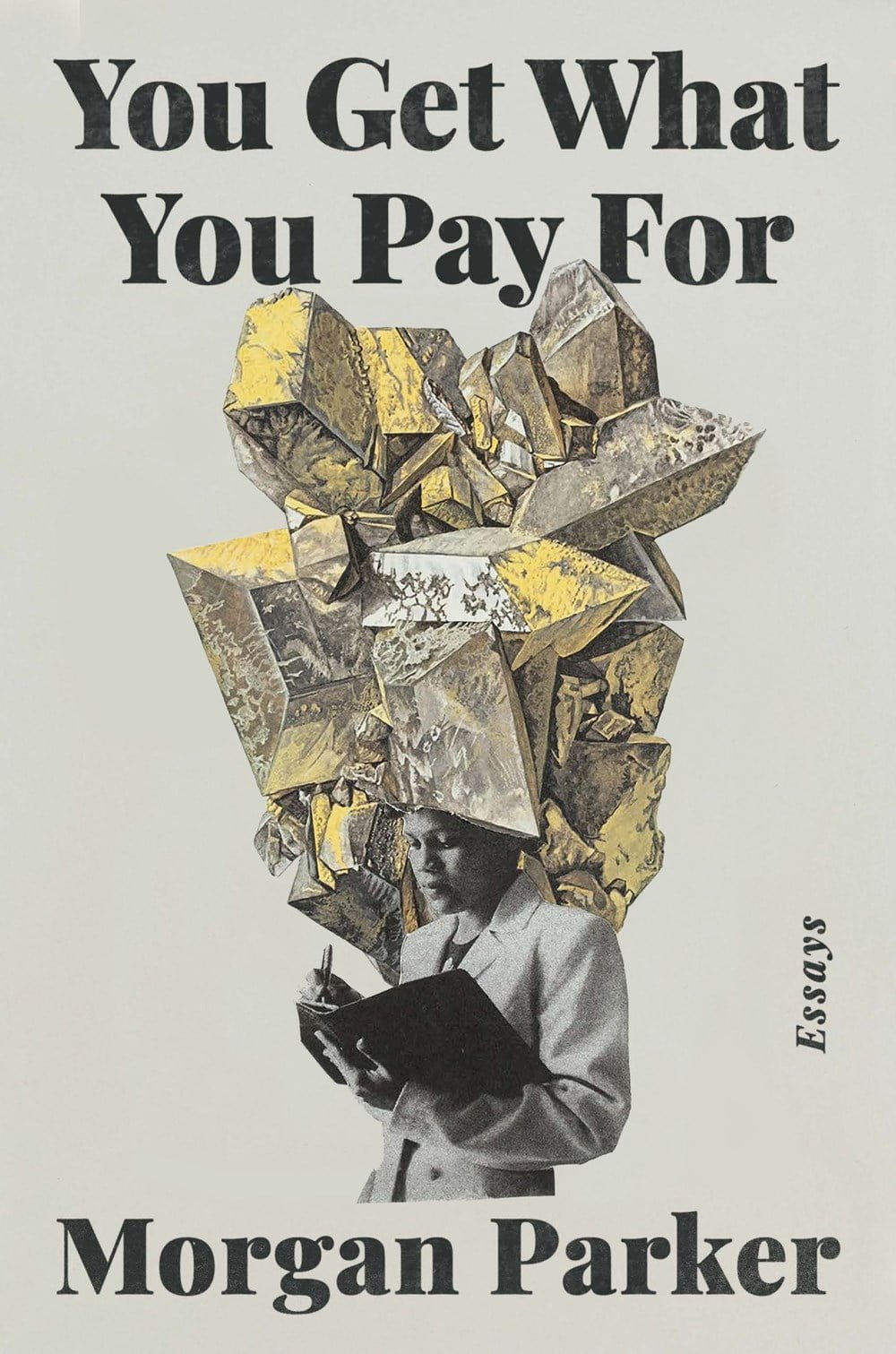Introduction to Morgan Parker
Morgan Parker, an acclaimed poet and winner of the 2019 National Book Critics Circle Award for her collection ‘Magical Negro,’ offers a provocative and intimate new collection of essays titled ‘You Get What You Pay For.’ In this work, Parker fuses memoir with cultural critique to explore how racism and intergenerational trauma impact mental health.

Unpacking Historical and Racial Contexts
In her essay collection, Parker delves into the historical backdrop of African American identity formation. She states that creating an identity as an African American involves a deep, multifaceted process of reinterpreting hundreds of years of American history. This experience is framed poignantly: “forming an identity had been a sham assignment from the start—for an African American person, there is a multistep process of backtracking and reinterpreting hundreds of years of American history, peeling apart film from adhesive to hold under the light and make out a cloudy reflection.”
The Intersection of Mental Health and Race
Parker navigates through the intricate relationships between black people and mental health treatment. In her essays, she describes her own struggles with depression, anxiety, and self-hatred, noting that these feelings are extensions of the white supremacist ideologies governing the nation. Her personal anecdotes, like moving from one therapist to another, highlight the challenges faced by African Americans in seeking mental health support.
Balancing Humor and Gravitas
Despite the weighty subject matter, Parker skillfully injects incisive humor into her essays. She recounts her naming after a minor character in ‘The Cosby Show,’ who, despite knowing she is allergic to olives, comically eats them anyway. Parker’s wit and a poet’s eye for detail imbue her writing with both levity and depth, making her work resonate powerfully with readers.
Conclusion
‘You Get What You Pay For’ is a compelling read that channels Parker’s urgent concerns regarding white supremacy, police brutality, and the pursuit of love and mental well-being. The 22 essays in this collection provide a multifaceted examination of how deeply ingrained racism and intergenerational trauma shape the African American experience. Through her raw and engaging storytelling, Parker challenges readers to reflect on the pervasive impact of these societal issues.